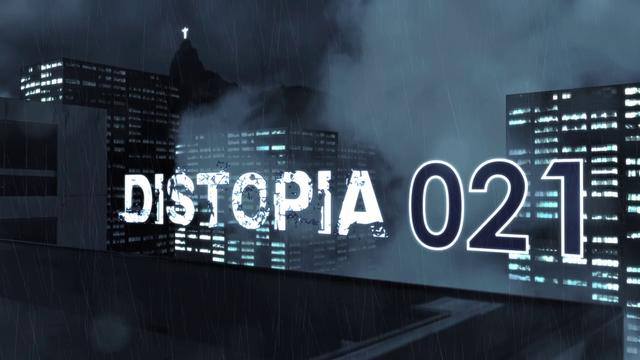Brazil and its political prisoners, contemporary dictatorship and military police

RIO DE JANEIRO – On Tuesday, 15 October, 2013, more than 200 protestors were arrested by the Rio de Janeiro state Military Police, as part of the continuing criminalization of social movements in the city. Those arrested were sent in small groups to over 10 different police stations, with the clear objective of impeding their access to legal assistance.
On Monday, 21 October, the Brazilian Judiciary denied a motion for the release of activists Victor Ribeiro and Daniela Soledad. The defense’s arguments were not heard; instead, judges relied on the presumed veracity of the testimony of the arresting officers of the Rio de Janeiro state Military Police. The officers’ testimony simply holds that Ribeiro and Soledad were in close proximity to a group that allegedly set fire to a personnel cabin near a bus stop. Neither Ribeiro nor Soledad has been identified as an arsonist, and when arrested, police did not find any incriminating objects (such as fuel or matches) on either of their persons.
The motion for the activists’ release includes complete documentation of their places of residence and work, as well as proof of that each lacks a criminal record. Under Brazilian law, this should be sufficient for their temporary release. Yet the judge responsible for their case ordered the activists held in preventive imprisonment, “so as to guarantee the preservation of public order.”
It is important to emphasize that preventive imprisonment is used in cases where there is clear evidence that the defendants prevent a flight risk or threaten to somehow impede the judicial process. For example, preventive imprisonment was declared recently for the Military Police officers under investigation for the torture, disappearance, and presumed murder of favela resident Amarildo de Souza, as these officers were accused of coercing witnesses. In the cases of Victor Ribeiro and Daniela Soledad, however, nothing other than an abstract concept of “public order” suggests that either would attempt to interfere with the judicial process.
Lawyers with the Institute of Human Rights Defenders (DDH) presented a Habeas Corpus brief on Tuesday, 22 October.
Victor Ribeiro is a documentary filmmaker whose most recent production, “Distopia 021,” denounces government abuses in the revitalization of Rio de Janeiro’s port district in anticipation of international mega-events. The film (in Portuguese) can be seen here:
http://www.youtube.com/watch?v=87VXFGWGv0w
[obs. i did not write this, am just spreading what i believe to be important to be known worldwide. it's getting tough here with the world cup coming..]
Comments
11 years, 8 months
11 years, 8 months
victor and soledad are now free due to an habeas corpus, but there are still at least two others still imprisoned. none will be forgotten. this growing criminalization of social movements and the way brazil's military police behaves on each protest, treating protesters as bandits and responding with violence (against citizens!) is the major issue we have to deal with in our civilian life nowadays. the mere attempt to claim for basic rights such as habitation, transportation and education is treated as 'distubance of public order' and 'vandalism'. our police is long-term known for not properly defending most citizens, but instead threatening them, and it is something out of control. what's happening now is that what the poorest communities deal with everyday is reaching the population as a whole. to the government, it seems like quiet citizens are good citizens. quietly losing rights and access to everything.
vida, do you mean you had political prisoners in slovenia or australia? it's indeed important to know what's happening around, and to support each other.
strength, justice and joy to us all.
and lots of creativity to deal with political insanities.
hugs
i

To comment, please create a Memefest account, it will take you only 2 minutes! Login here if you already have one.